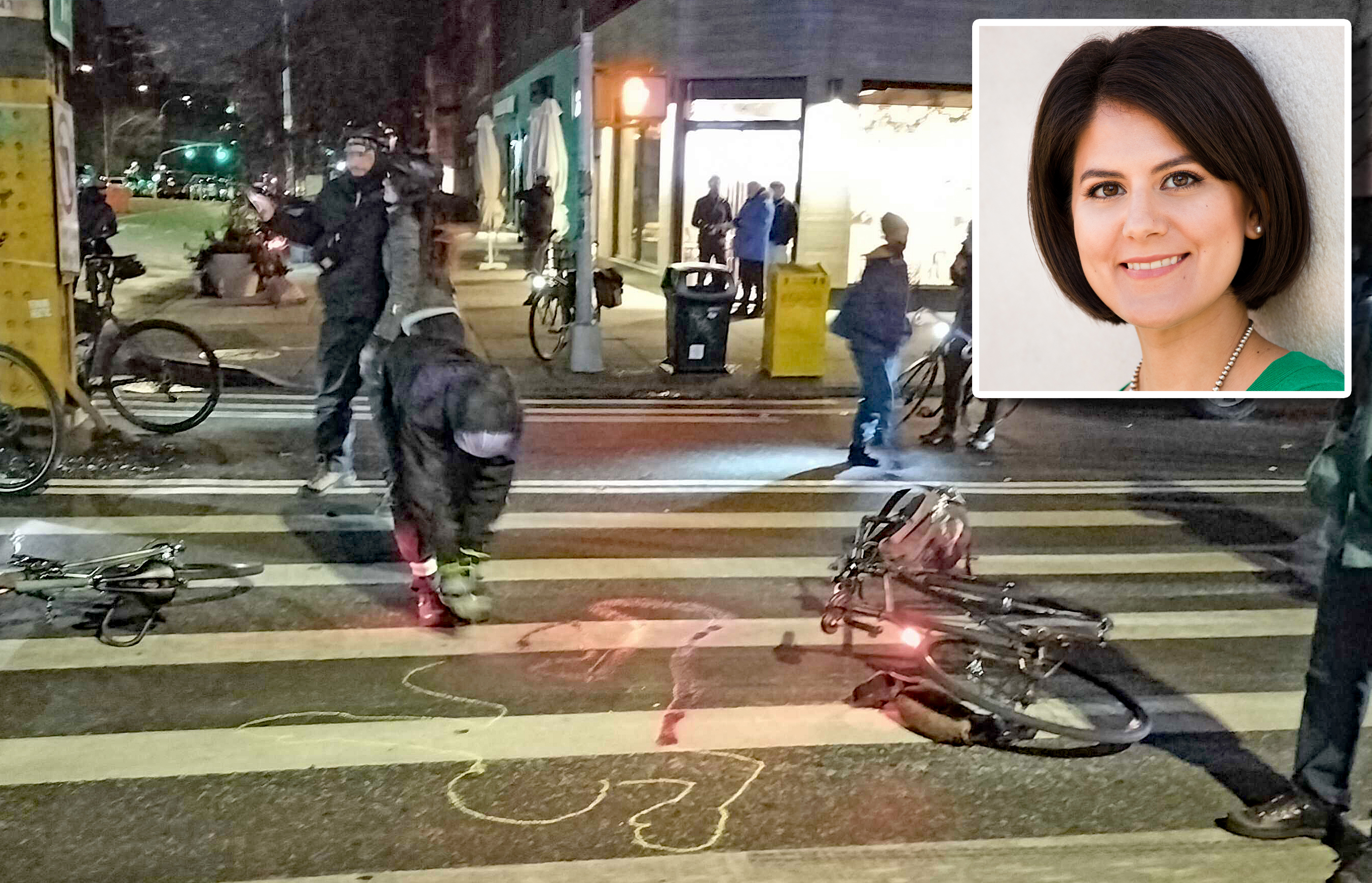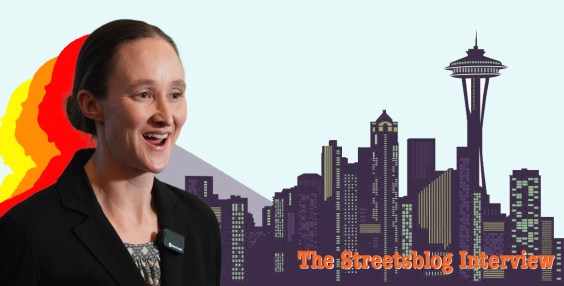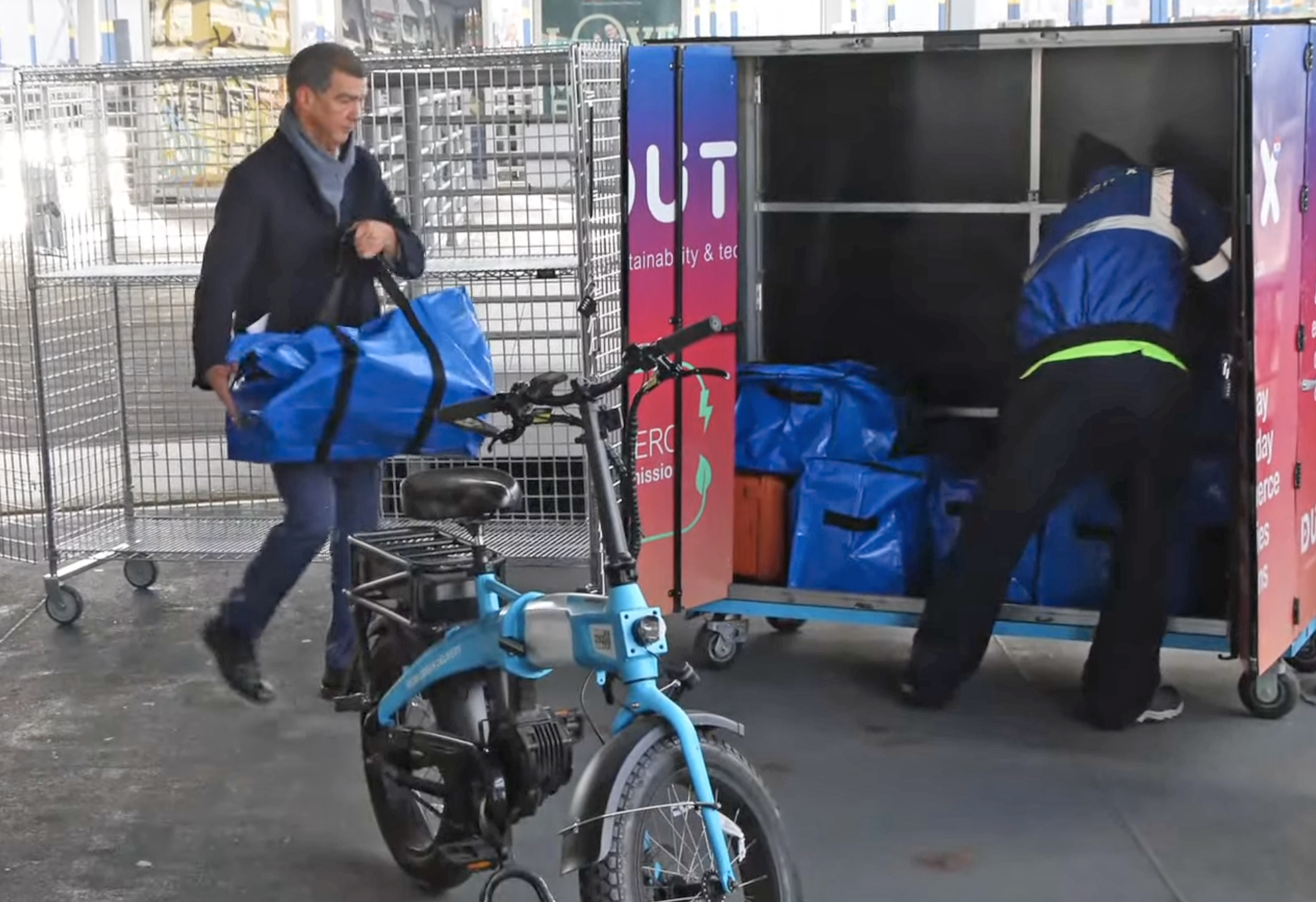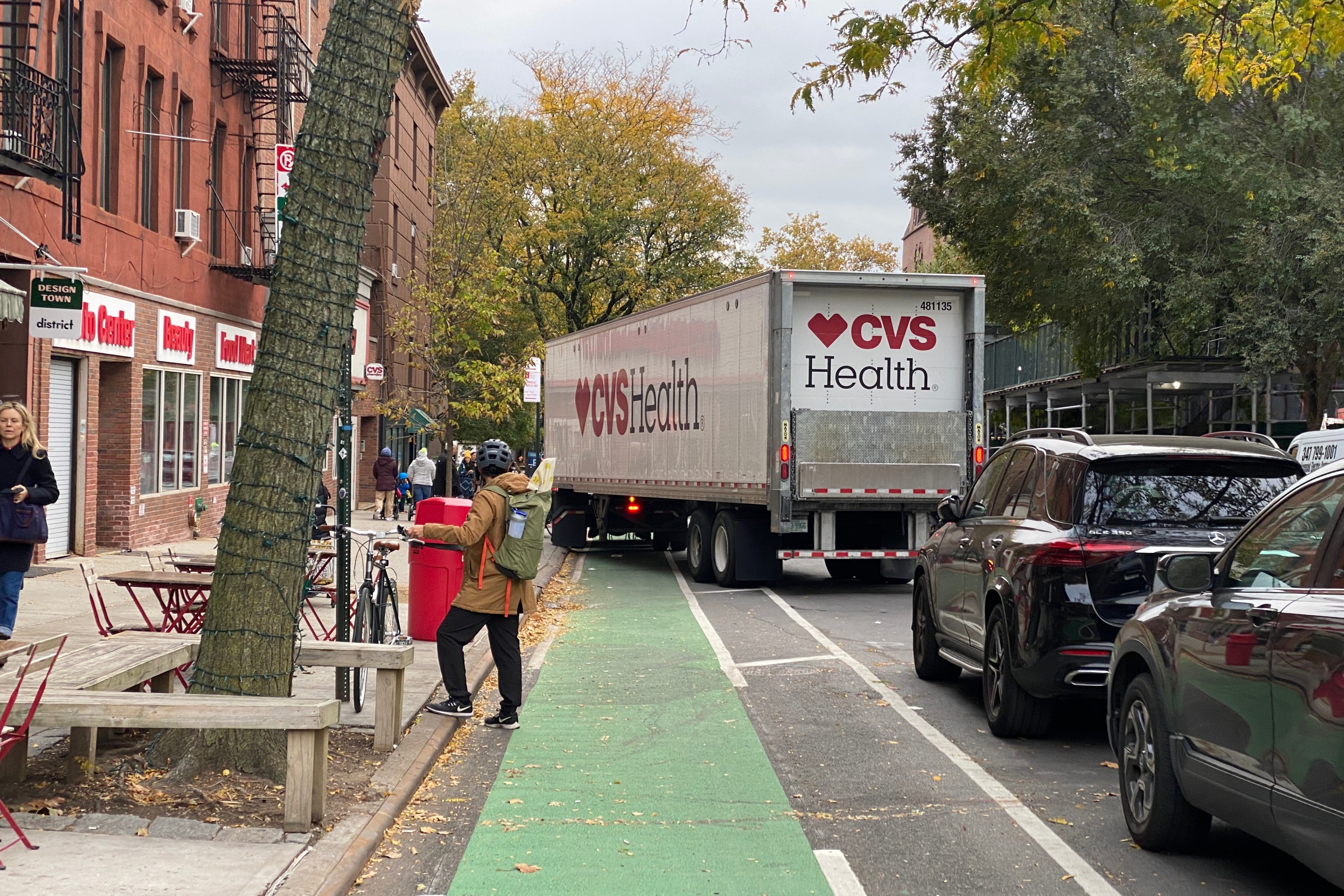On Monday Andrew Cuomo hailed DMV rule changes that have resulted in license sanctions for recidivist drunk drivers. The governor, who spearheaded the reforms himself, could also use the power of his office to take driving privileges from motorists who habitually commit other deadly violations, like speeding, which kill and injure thousands of New Yorkers every year.
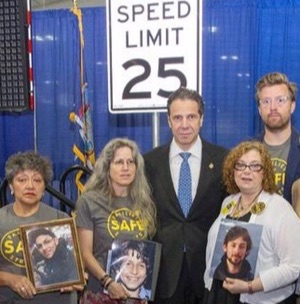
In 2012 Cuomo oversaw an update to DMV rules to target the worst drunk driving offenders. Now the DMV permanently revokes licenses from people who have five or more DWI convictions in a lifetime, or three or more DWI convictions in 25 years plus other offenses, such as a fatal crash or the accumulation of 20 or more license points.
As lenient as those standards are, they used to be worse. In the past, repeat drunk drivers whose licenses were suspended or revoked could regain driving privileges in weeks by completing an education program, and drivers with multiple DWI convictions did not permanently lose their licenses unless they were convicted for two DWI crashes resulting in injury.
A Cuomo press release said the reforms have taken more than 8,000 dangerous drivers off the roads in the three years since they took effect. “Impaired and irresponsible driving far too often results in needless tragedy and ramifications that can last a lifetime,” Cuomo said. “These tough regulations have taken chronically dangerous drivers off the roads and helped make this a safer state.”
The updated DMV rules are an improvement, but they don't do enough to keep reckless drivers from harming people. Four DWI convictions doesn't mean a person drove drunk four times. It means that person was caught, arrested, and convicted four times. By allowing repeat DWI offenders to keep driving, the DMV is playing Russian roulette with New Yorkers' lives.
In addition, Cuomo's DMV reforms don't address behaviors that cause as many or more serious crashes than drunk driving. In 2013, alcohol contributed to 132 deadly collisions and 4,097 injury crashes in New York State, according to the DMV. By way of comparison, unsafe speed was determined to be a factor in 313 fatal crashes and 12,613 injury crashes, failure to yield in 165 fatal crashes and 21,355 injury crashes, and driver distraction in 127 fatal crashes and 25,098 injury crashes.
In New York City, alcohol was identified as a factor in 15 fatal and 996 injury crashes in 2013, speeding in 69 fatal crashes and 2,933 injury crashes, failure to yield in 52 fatal crashes and 6,369 injury crashes, and distracted driving in 49 fatal crashes and 10,270 injury crashes.
Though their actions harm many more people than drunk drivers, motorists who hurt and kill others while speeding or failing to yield are usually not penalized in any way, and investigators rarely subpoena cell phone records after a crash to determine whether a driver was distracted.
As we reported in 2013, the DMV rule changes ordered by Cuomo are not as comprehensive as policies proposed under “Charlotte’s Law,” which would permanently revoke licenses of people convicted of any of the following offenses three or more times in 25 years: DUI or DWI, careless driving that injures a pedestrian or cyclist, or vehicular manslaughter. Under Charlotte’s Law, someone caught driving after a permanent license revocation, regardless of the reason for the traffic stop, would be subject to a felony charge and a jail sentence of up to four years.
Charlotte's Law was named after Charlotte Gallo, a Schenectady pedestrian who in 2010 was killed by a driver who reportedly had 23 prior citations for traffic offenses and had been involved in 10 crashes. It was first introduced in 2012, months before Cuomo announced his slate of DMV rule updates. State lawmakers have failed to pass the bill, which stalled in the Assembly and Senate transportation committees in the 2015 legislative session. It was sponsored this year by Assembly Member James Tedisco and Senator Hugh T. Farley, both Republicans from Schenectady.
Prodding state legislators to improve traffic safety is usually a Sisyphean task. But Cuomo has already demonstrated he doesn't need the legislature to strengthen regulations against serial deadly driving. With one phone call, he could direct the DMV to ramp up sanctions against all motorists who repeatedly put lives at risk.

